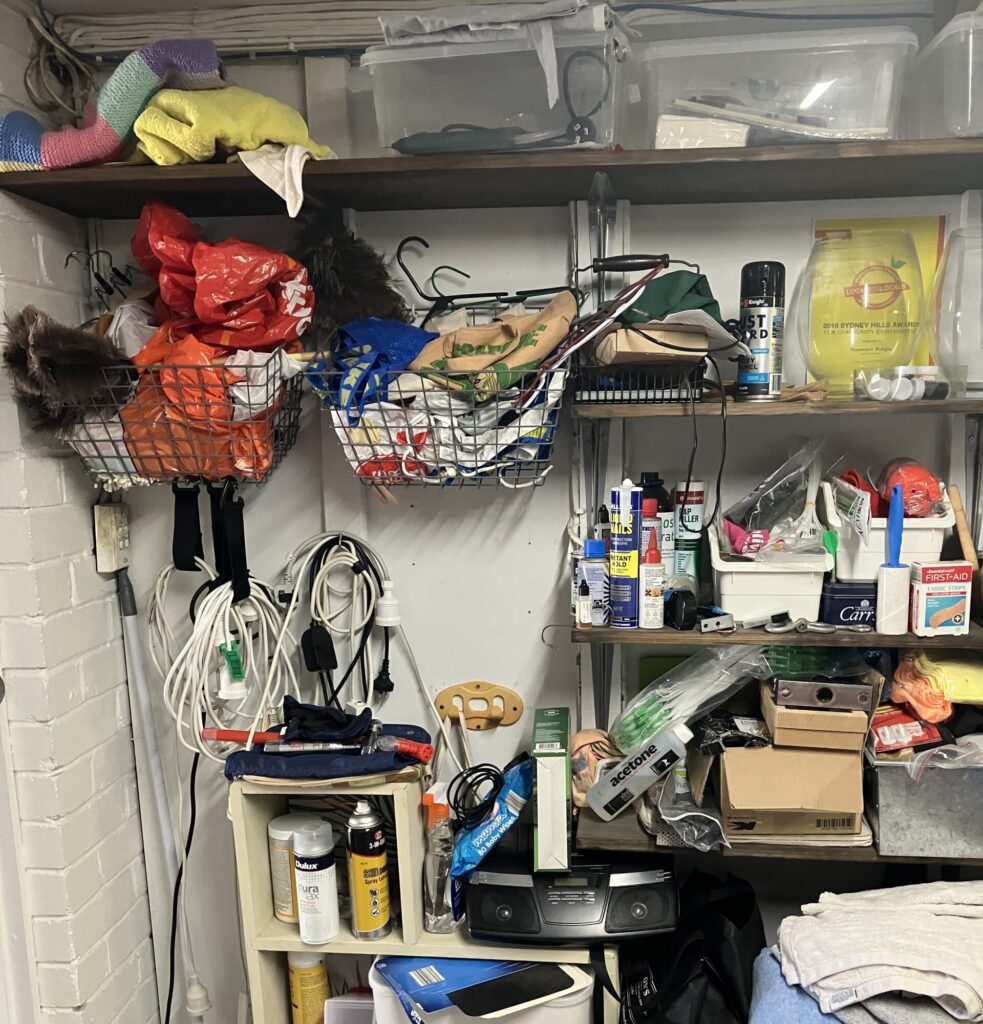Being messy is a habit you can break

One of the biggest challenges in overcoming messiness is the overwhelming nature of the task... It’s like trying to eat an elephant—impossible to do in one bite.
Let’s face it: being messy is a habit ingrained deeper than our love for pizza on a Friday night. We often find ourselves drowning in clutter, with clothes scattered like confetti after a party, and surfaces hidden under stacks of stuff. The truth is, tidying up our messy tendencies isn’t something that can be accomplished overnight. It’s a process, a journey, and often, an epic saga.
First, let’s acknowledge that messiness isn’t just about laziness or a lack of discipline. It’s a complex behaviour with roots in our habits and lifestyles. Some of us thrive in what we affectionately call “organised chaos.” We know exactly which pile of papers holds that one crucial document, and our creativity flows freely amidst the disorder. Changing this deeply rooted behaviour takes more than a weekend of frantic cleaning; it requires a fundamental shift in our daily routines and mindset.
One of the biggest challenges in overcoming messiness is the overwhelming nature of the task. Picture this: you decide to tackle the clutter, only to find yourself knee-deep in a sea of stuff, not knowing where to start. It’s like trying to eat an elephant – impossible to do in one bite. The key is to break it down into manageable chunks. Start with one room, one corner, or even just one drawer. Small, consistent efforts are more sustainable and less daunting than attempting a fullscale transformation in a single day.
Next, consider why the mess accumulates in the first place. Often, it’s because we haven’t established effective systems for managing our belongings. When items don’t have designated homes, they move from one place to another, never being “put away” because they have nowhere to belong. Creating a home for everything-hooks for keys, baskets for mail, shelves for books-can make a significant difference.
However, these systems need to be realistic and tailored to your habits. This is where recruiting the services of a professional organiser can be highly beneficial.
Another aspect to address is the emotional attachment we often have to our things. Sentimental items, gifts, and even aspirational purchases (hello, treadmill turned clothes rack) can make it hard to declutter. Learning to let go is a gradual process that involves assessing what truly adds value to your life and what’s simply taking up space.
Lastly, don’t underestimate the power of routine. Incorporating small, daily habits can prevent the mess from snowballing. Spend 10 minutes each evening tidying up, put things back where they belong after using them, and regularly purge items you no longer need. These habits might seem minor, but over time, they can lead to a significantly neater and more organised environment.
Transforming from messy to tidy is a marathon, not a sprint. It requires patience, persistence, and a willingness to change longstanding habits. By taking small, consistent steps and creating systems that work for you, it’s entirely possible to conquer the clutter and embrace a more organised life.
